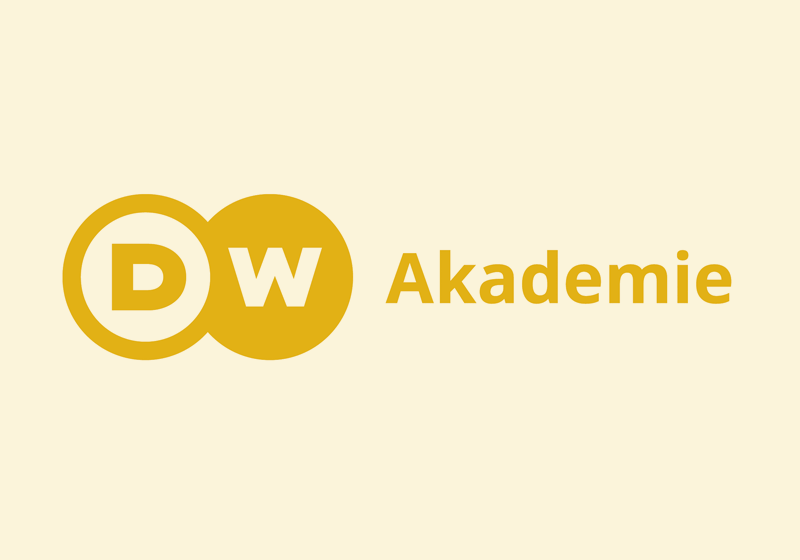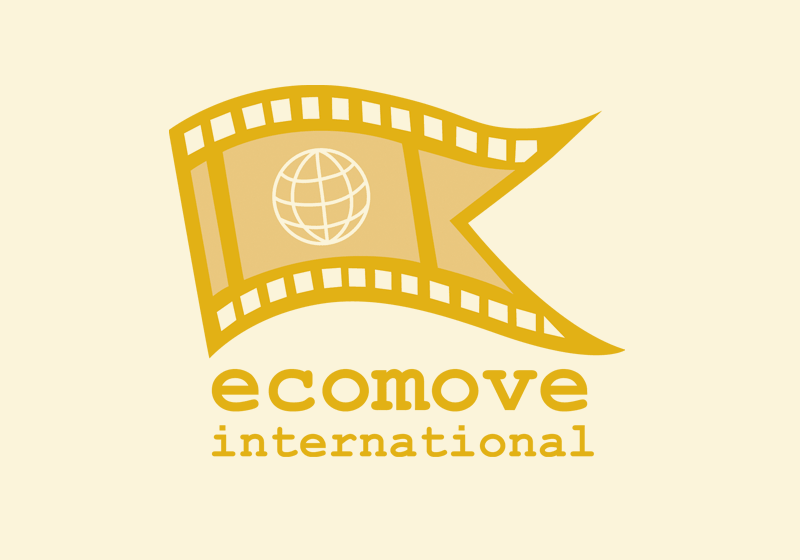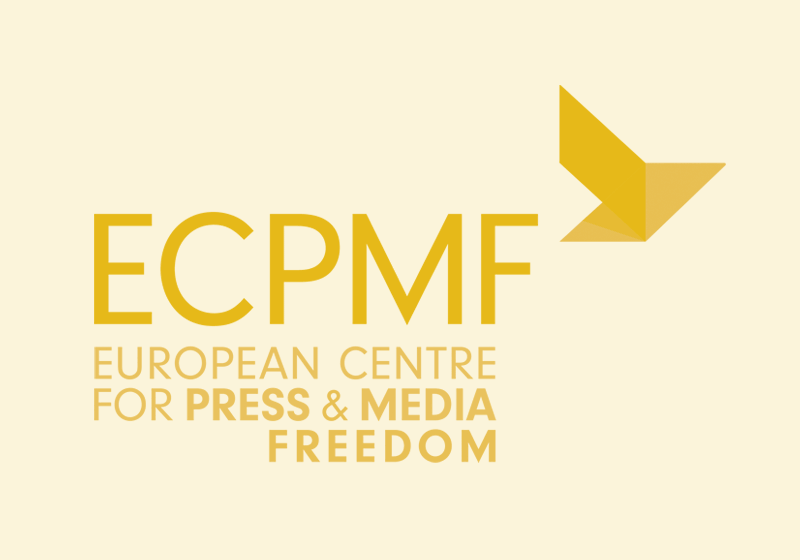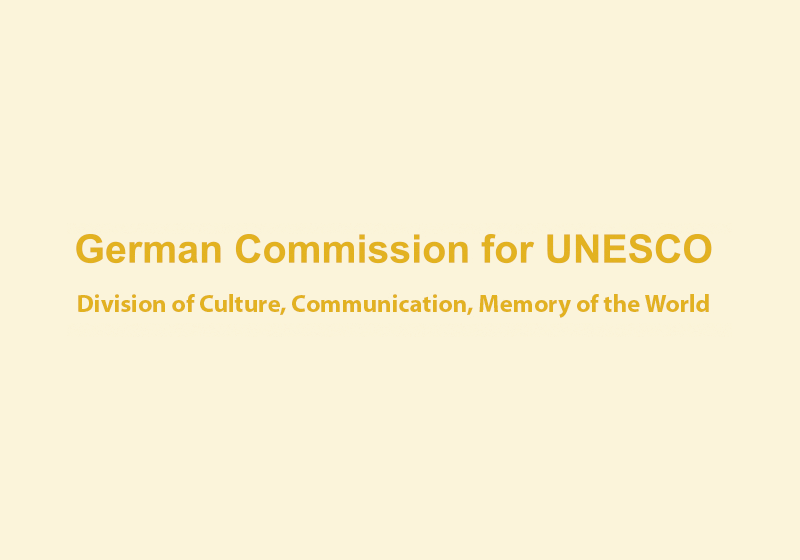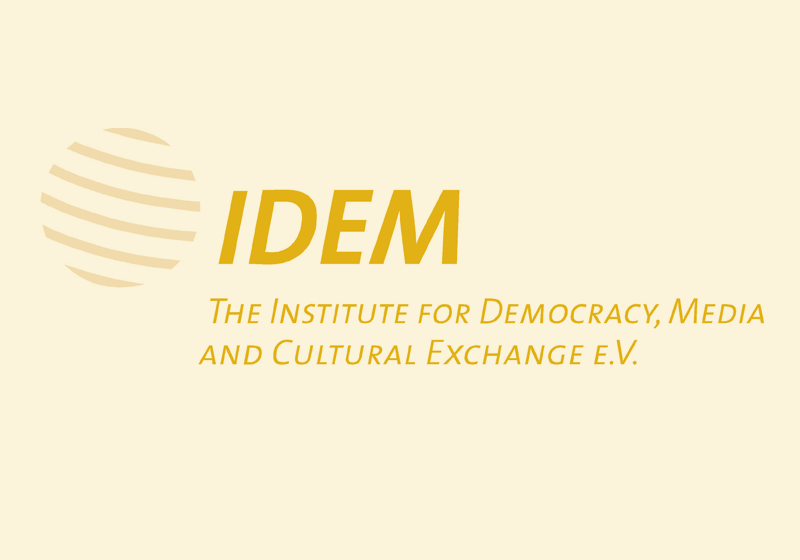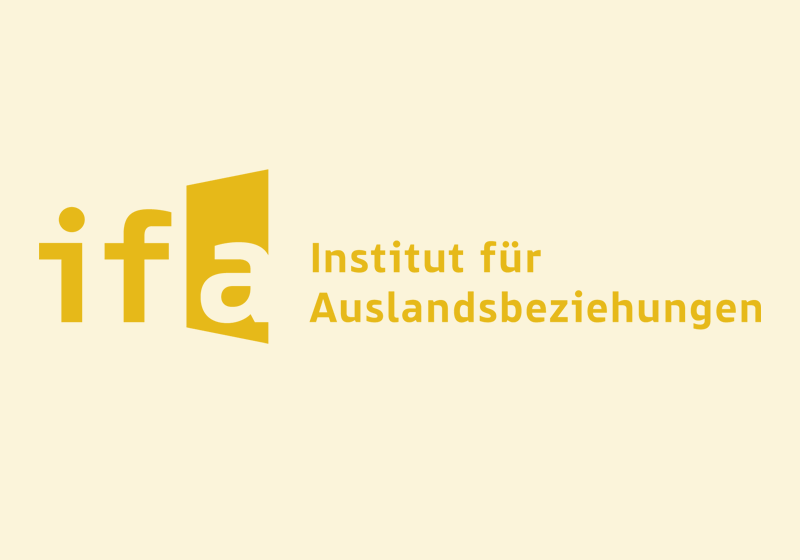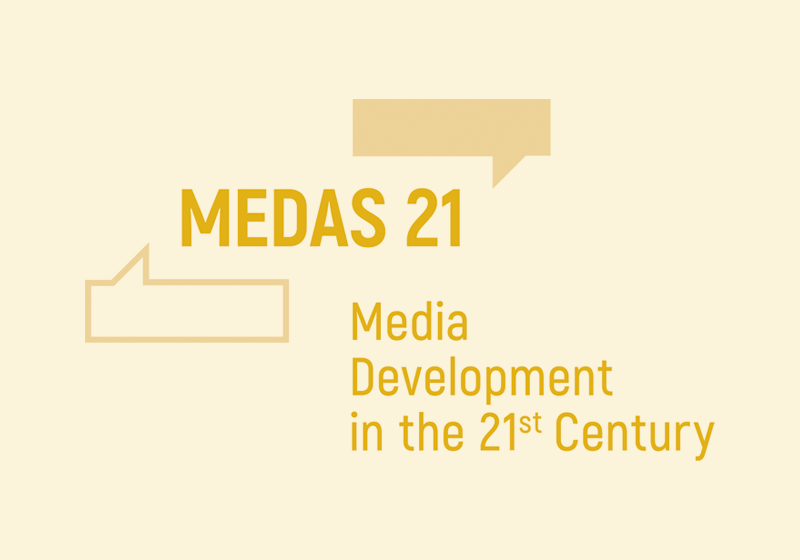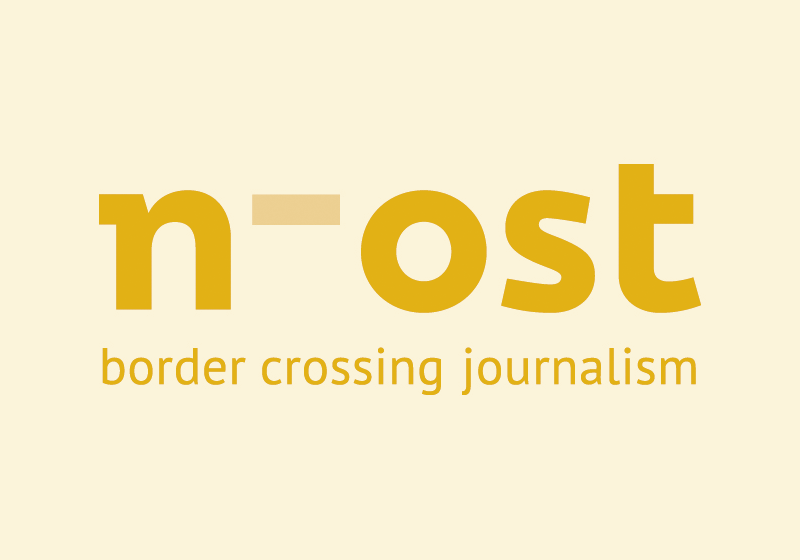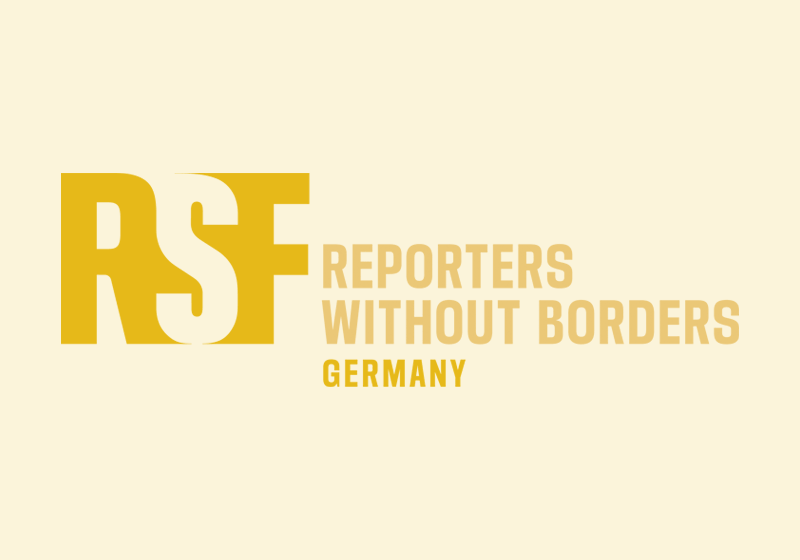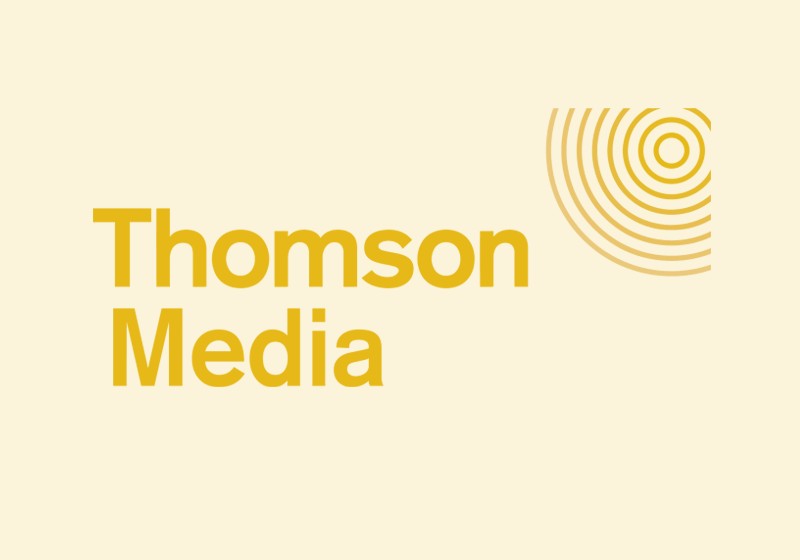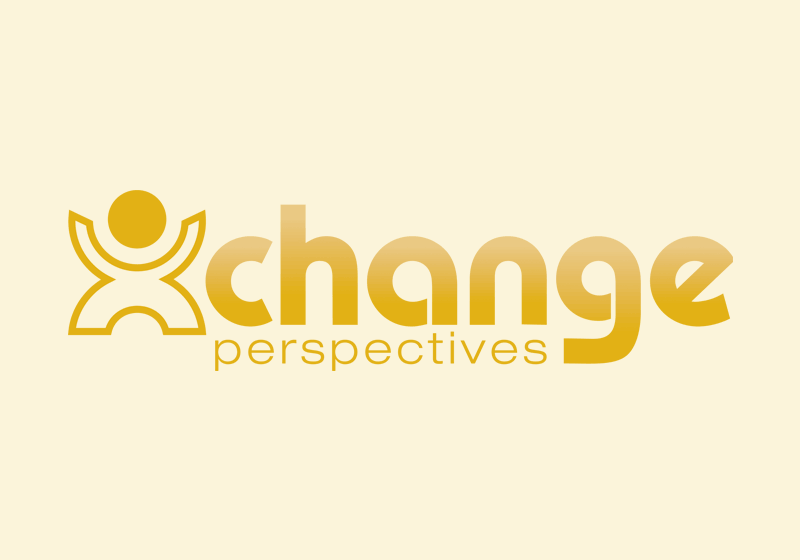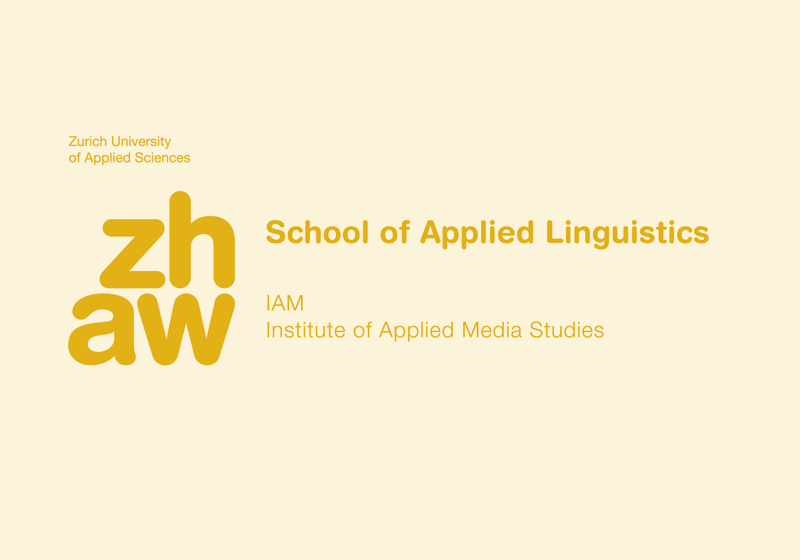New Media, New Partnerships: Citizens conquering the global media sphere
By Mohammed Al-Sarray, Srinivas Mazumdaru and Eira Martens
The second day of the FoME 2011 Symposium started with a discussion on new media platforms and their usage by “traditional” and citizen journalists. According to Ivan Sigal, Executive Director of Global Voices, a non-profit online initiative for citizen media, information now a days flows through complex networks between citizen journalists and media organizations. Partnerships always exist in one way or another.
During the session “New Media, New Partnerships” Sigal explained to the audience that the aim of the Global Voices platform is to facilitate the process of making information public that is ignored by traditional media. The network brings together bloggers, citizen journalists and translators from all around the global. In response to being asked about how Global Voices is being perceived internationally, Ivan Sigal noted that it was one of the organizations accused of triggering the protests after the presidential election in Iran in 2009.
Bloggers uniting in the global media sphere
Regarding the participation of bloggers within Global Voices, Sigal remarked that especially those from the countries where citizens’ voices are underrepresented in traditional media. Through collaboration and communication with people with similar concerns, bloggers aim to represent their respective countries in the global media sphere with the impact of actively changing information flows at home.
Need to regulate telecommunication industry
The second speaker of the day was A. S. Panneerselvan fromIndia. Panneerselvan is Executive Director of Panos South Asia, which works closely with media on five thematic areas: Conflict, Environment, Public Health, Globalization and Media Pluralism. In his speech to the audience Panneerselvan raised interesting questions about the accountability of telecommunication companies that have become huge conglomerates in most countries of the world and across their borders. He underlined that there is an urgent need to overhaul the regulations concerning telecommunication and internet policies in order to prevent these companies from influencing and controlling the generation and distribution of media content.
Arab Spring: Physical presence or “social media revolution”?
Both of the guests agreed that the role of social media in the “Arab Spring” was exaggerated by media. Panneerselvan mentioned that the role of social media did not exceed being a “catalyst” or even an “agent” in the Arab Spring. He emphasized the “physical presence of the people” in the demonstrations. Sigal agreed on that by saying that what happened in the Arab world was not “a social media revolution” as it is usually reoffered to. Social media was only a “tactical effort.”





